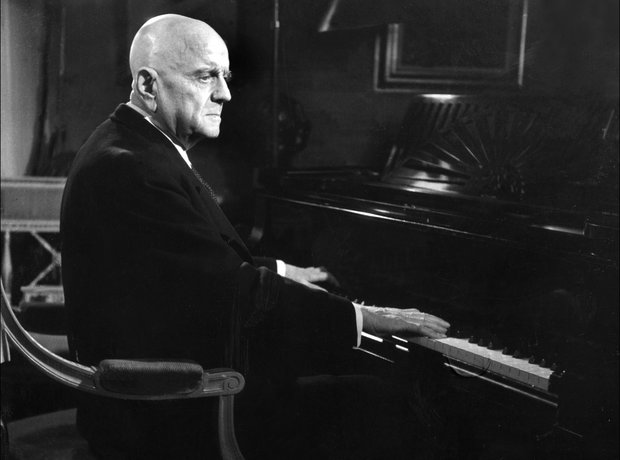
Jean Sibelius – Biography and History
Jean Sibelius, born Johan Julius Christian Sibelius on December 8, 1865, in Hämeenlinna, Finland, emerged as one of the most prominent figures in classical music[…]
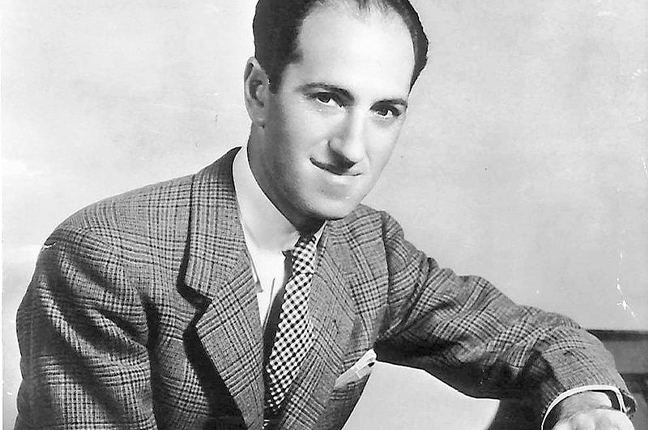
George Gershwin – Biography and History
George Gershwin, born Jacob Gershowitz on September 26, 1898, in Brooklyn, New York, is one of the most iconic figures in American music history. His[…]
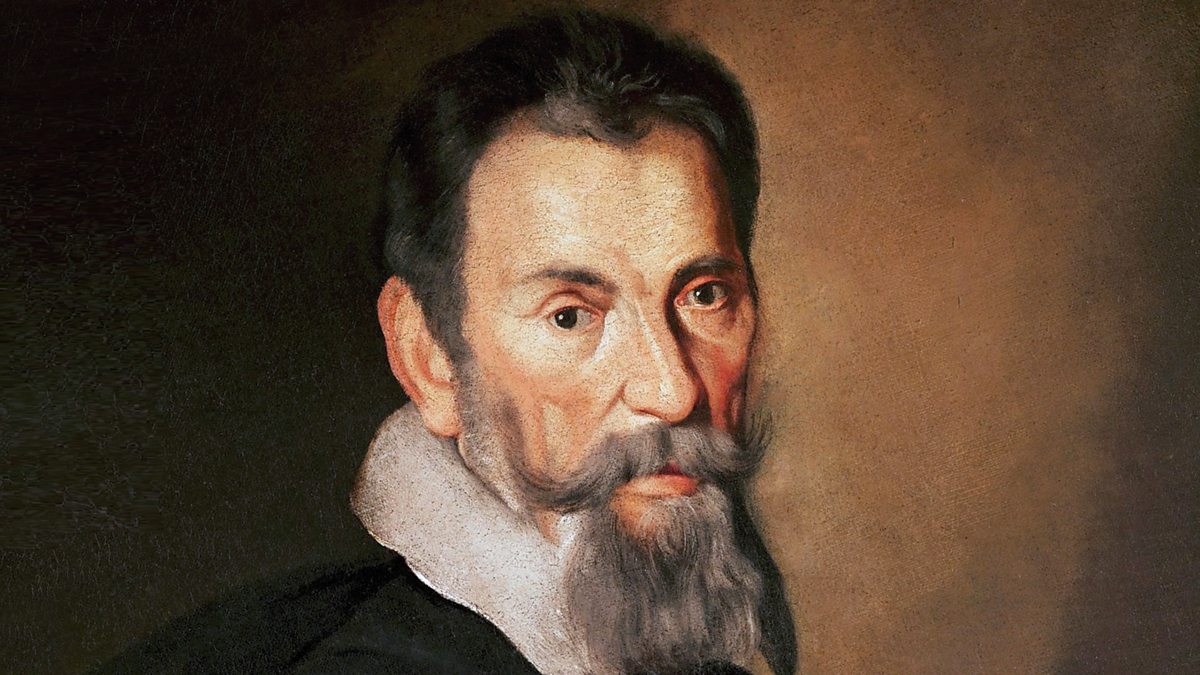
Claudio Monteverdi – Biography and History
Claudio Monteverdi, an illustrious figure in the realm of classical music, stands as a beacon of innovation and creativity in the transition from the Renaissance[…]
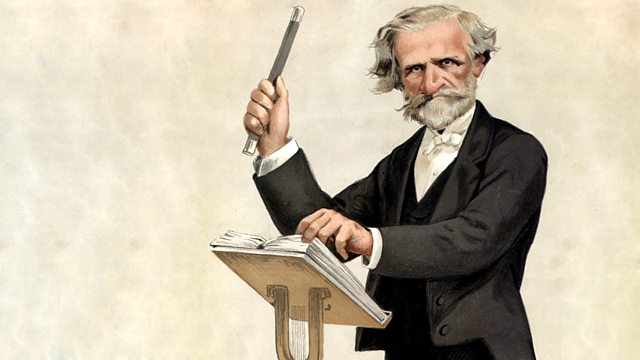
Giuseppe Verdi – Biography and History
Giuseppe Verdi, one of the most celebrated composers in the history of opera, was born on October 9, 1813, in Le Roncole, a small village[…]
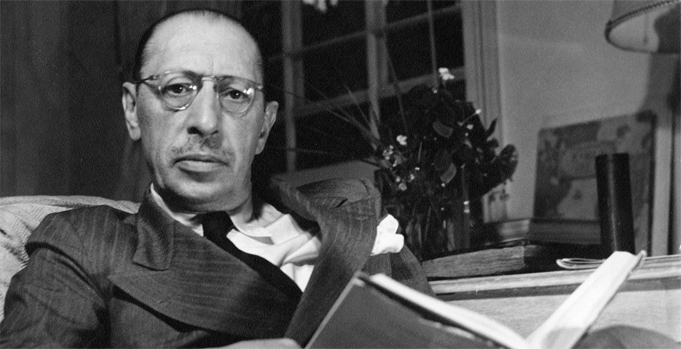
Igor Stravinsky – Biography and History
Igor Stravinsky was one of the most revolutionary composers of the 20th century, whose innovative compositions reshaped the landscape of classical music. Born on June[…]
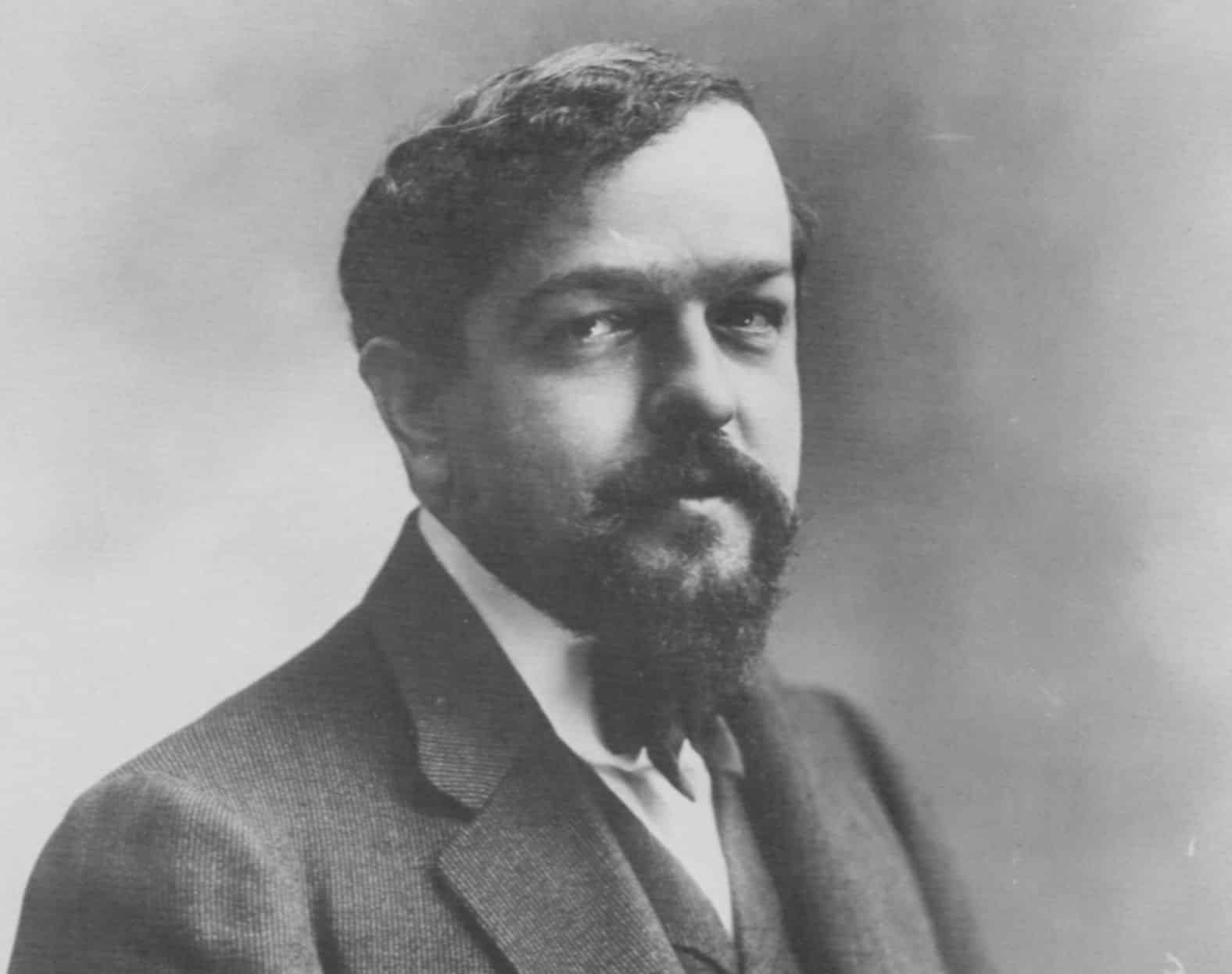
Claude Debussy – Biography and History
Claude Debussy, a luminary of impressionist music, was born on August 22, 1862, in Saint-Germain-en-Laye, France. His pioneering compositions would revolutionize classical music, earning him[…]
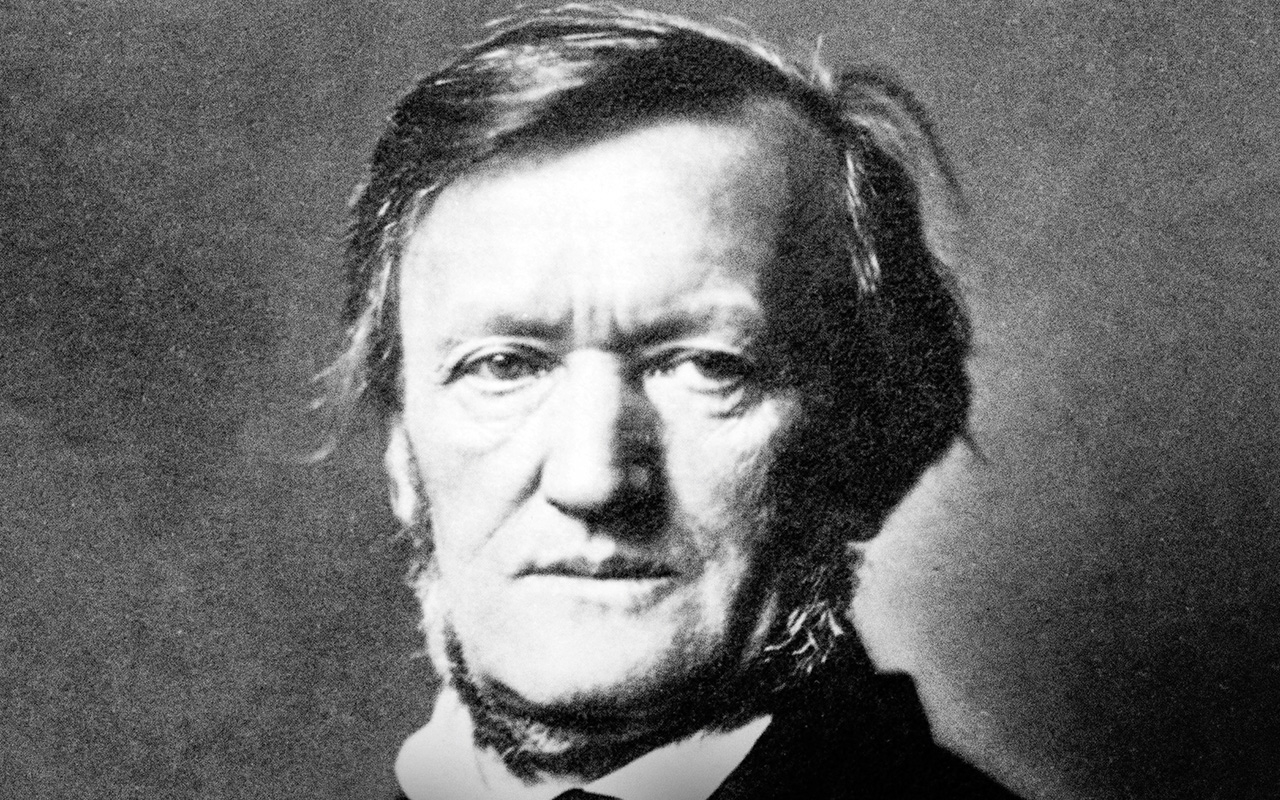
Richard Wagner – Biography and History
Richard Wagner, one of the most influential composers in the history of classical music, was born on May 22, 1813, in Leipzig, Germany. He was[…]
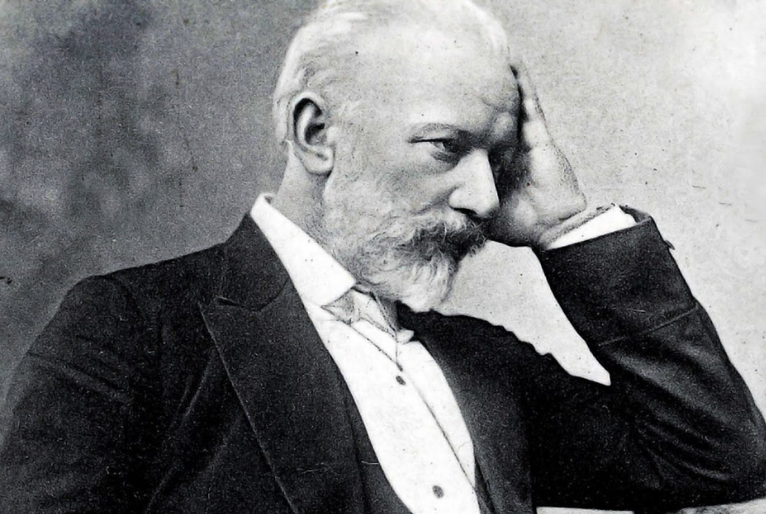
Pyotr Ilyich Tchaikovsky – Biography and History
Pyotr Ilyich Tchaikovsky, one of the most celebrated composers in the history of classical music, was born on May 7, 1840, in Votkinsk, a small[…]
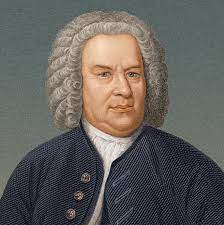
Johann Sebastian Bach – Biography and History
Johann Sebastian Bach, a towering figure in the history of classical music, was born on March 31, 1685, in Eisenach, Germany. He came from a[…]
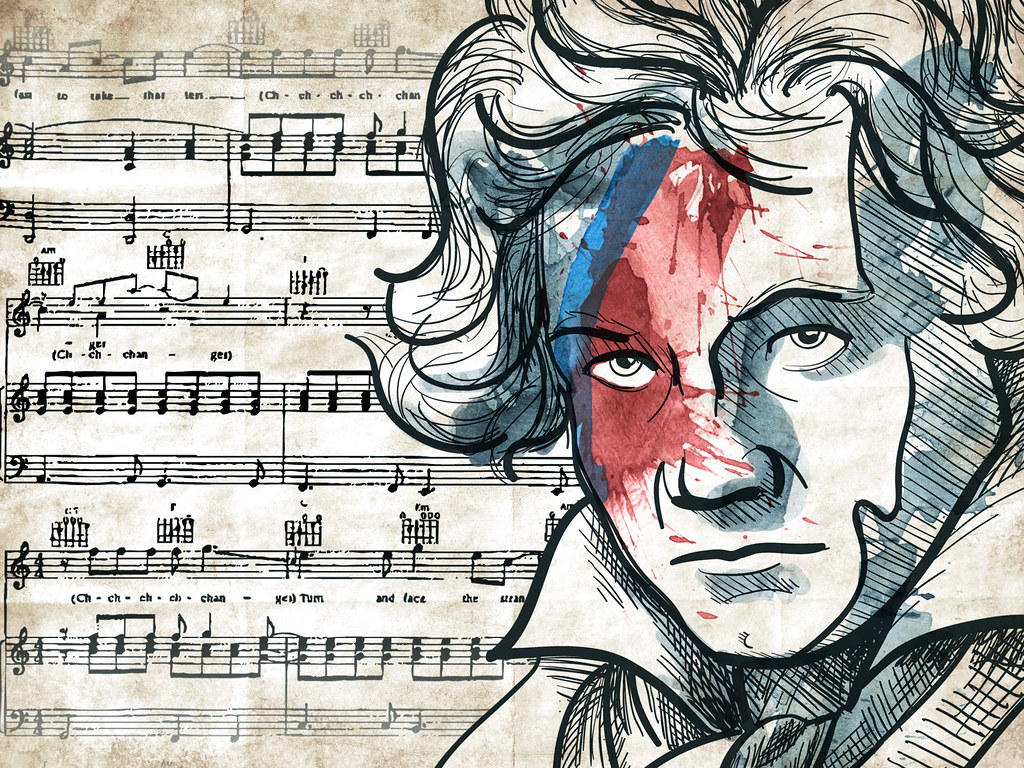
Ludwig van Beethoven – Biography and History
Ludwig van Beethoven, one of the most influential figures in the history of classical music, was born in Bonn, Germany, on December 17, 1770. His[…]